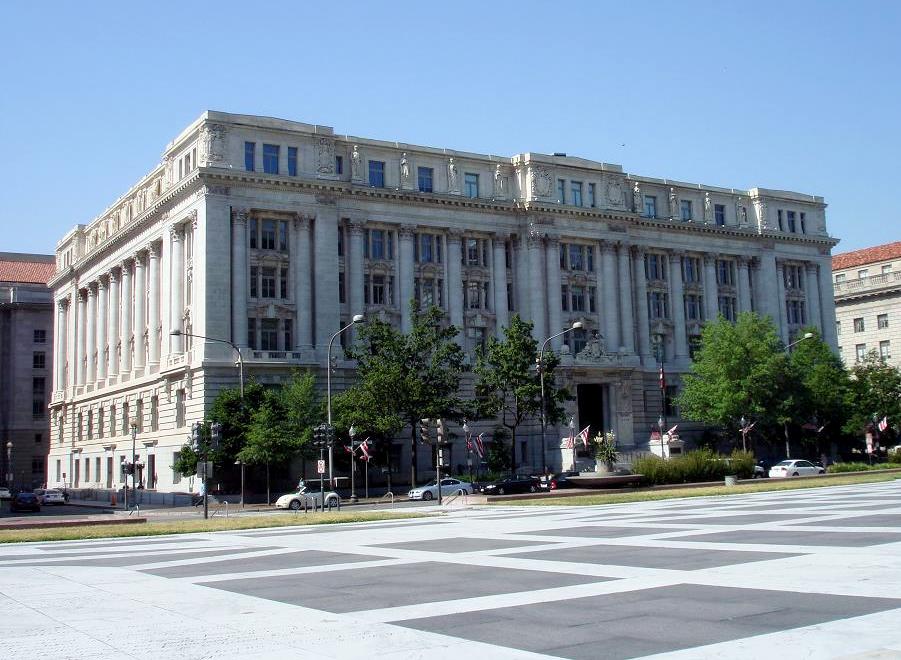Since the beginning of the COVID-19 public health crisis, the D.C. Council has passed several bills to address the needs of vulnerable tenants who are struggling with rent or the possibility of eviction. Three more will be discussed this week at hearings on Oct. 27 and Oct. 30.
The Fair Tenant Screening Amendment Act
(Oct. 27 hearing, 12 p.m.)
The Fair Tenant Screening Amendment Act, introduced by Ward 8 Councilmember Trayon White in February 2019, aims to make the process of screening a tenant for a unit more transparent. Landlords would be required to inform potential tenants of what units are available, the eligibility criteria, how many people have already applied, and the full cost of rent and utilities. The act would make the process of applying more transparent so prospective tenants are not led into unclear costs of rent and utilities or submitting application fees for units that may not be available.
If a tenant is denied, the landlord would be required to explain the reason for the denial and how the application fee was spent. The applicant has the opportunity to appeal the denial to show how the information of rental history or a negative credit score was wrong or not accurate. If the landlord did not screen the tenant the application fee must be refunded.
Under the act, landlords could not ask about prior landlord-tenant court cases that are two years or older or review cases where either the landlord did not get a judgment against the tenant, or where a tenant filed the case against the landlord. Landlords would also not be allowed to ask about a lease violation that involved domestic violence, a disability or being the victim of a crime.
Landlords would also be prevented from asking voucher holders or individuals receiving a subsidy about any history of unpaid rent, their credit score, or their income levels without the subsidy. Potential tenants who rely on a voucher or subsidy also could not be charged a higher application fee than those without a voucher. The act would be enforced by filing a complaint with the D.C. Office of Human Rights. If a violation is proven to have occurred, the individual can receive damages and half of the legal penalties, with the other half going to D.C.to help cover enforcement costs.
The Michael A. Stoops Anti-Discrimination Amendment Act
(Oct. 27 hearing, 12 p.m.)
The second bill is the Michael A. Stoops Anti-Discrimination Amendment Act, named after a homelessness advocate who pushed for the bill and who passed away in 2017. The bill, first introduced by At-large Councilmember David Grosso in 2017, has been stalled for the last three years. It was re-introduced in 2019 and, like any other piece of legislation under consideration, would need to be re-introduced again next year if it is not passed during the two-year legislative session that ends this December.
The Stoops bill would amend the D.C. Human Rights Act of 1977 by adding homelessness as a protected class against discrimination. The act would be enforceable by allowing individuals to file a complaint with the Office of Human Rights.
The Eviction Record Sealing Authority Amendment Act
(Oct. 30 hearing, 12 p.m.)
The Eviction Record Sealing Authority Amendment Act would require the court to automatically seal past eviction records 30 days after a case is over if the court ruled against the landlord, or three years after a case is over if the court ruled in favor of the landlord. Tenants’ eviction records will also be sealed if the judgment was less than $500, if the tenant was in subsidized housing if the landlord did not provide upkeep or maintenance at the unit, if the landlord violated the D.C. Human Rights Act, if a settlement was not reached on the eviction, or if the landlord filed the eviction in retaliation against the tenant.
Landlords also must provide 30-day written notice of nonpayment of rent to the tenant prior to evicting them. The act would be enforceable by allowing individuals to file a complaint with the Office of Human Rights.
The Fairness in Renting Emergency Amendment Act recently passed by D.C. Council — emergency legislation that will eventually expire — includes parts of the Fair Tenant Screening Amendment Act and the Eviction Record Sealing Authority Amendment Act but not all sections of either of the bills. The Fairness in Renting Act does not include an amendment to the Human Rights Act of 1977 that would prohibit discrimination in housing based on a sealed eviction record and also does not prohibit housing providers from checking the prospective tenants’ source of income or credit history.
[Read more: Council acts to seal eviction records and tamp down on serial eviction filing]
Like Grosso’s anti-discrimination amendment, the Eviction Record Sealing Authority Amendment was re-introduced by Ward 3 Councilmember Mary Cheh in 2019. It was first introduced in October 2018.
How to Testify
Written testimony for the Fair Tenant Screening Amendment Act and the Michael Stoops Anti-Discrimination Amendment Act needs to be submitted to [email protected] by 5 p.m on Oct. 27.
To testify live for the Eviction Records Sealing Authority Amendment Act, email [email protected] or call 202-724-8198 by 9 a.m. on Oct. 28. To submit written testimony email [email protected] by Nov. 3 at 5 pm.
Both hearings may be watched live on DCCouncil.us or the Office of Cable Television, Film, Music and Entertainment. A recorded copy of the hearing will also be archived on the D.C. Council website within several business days.








